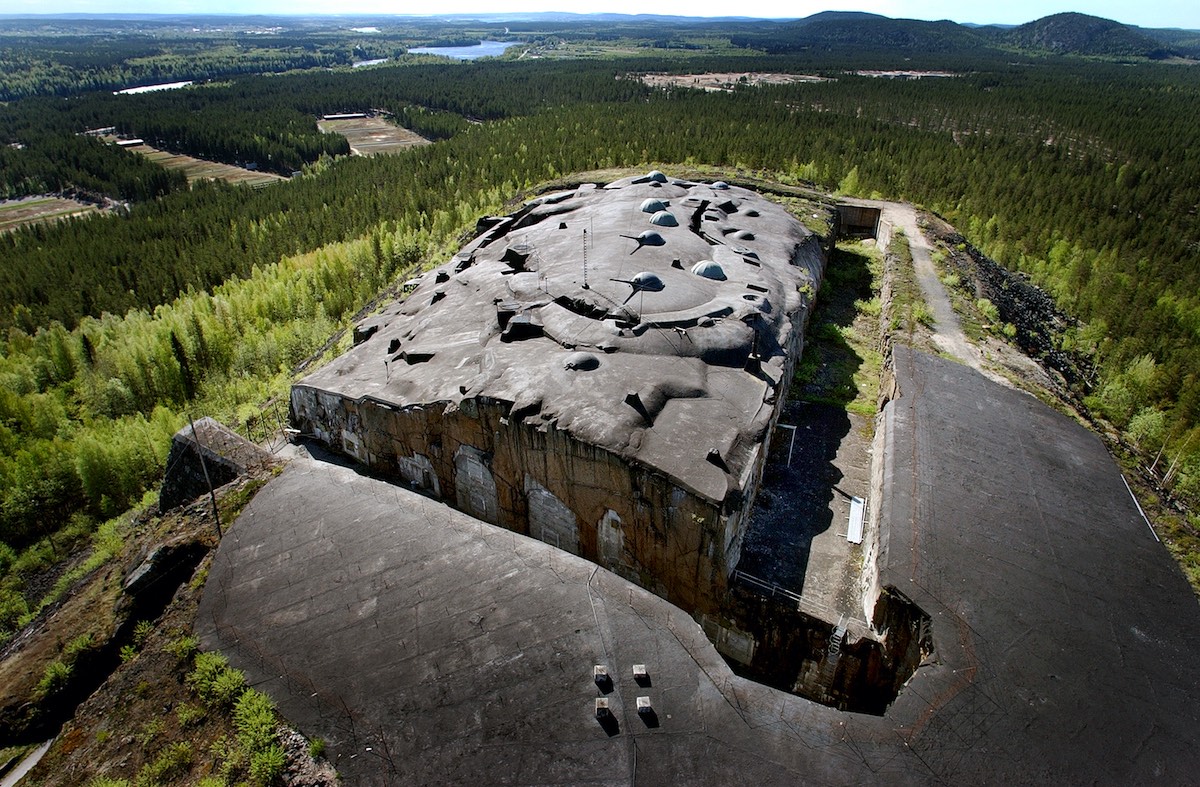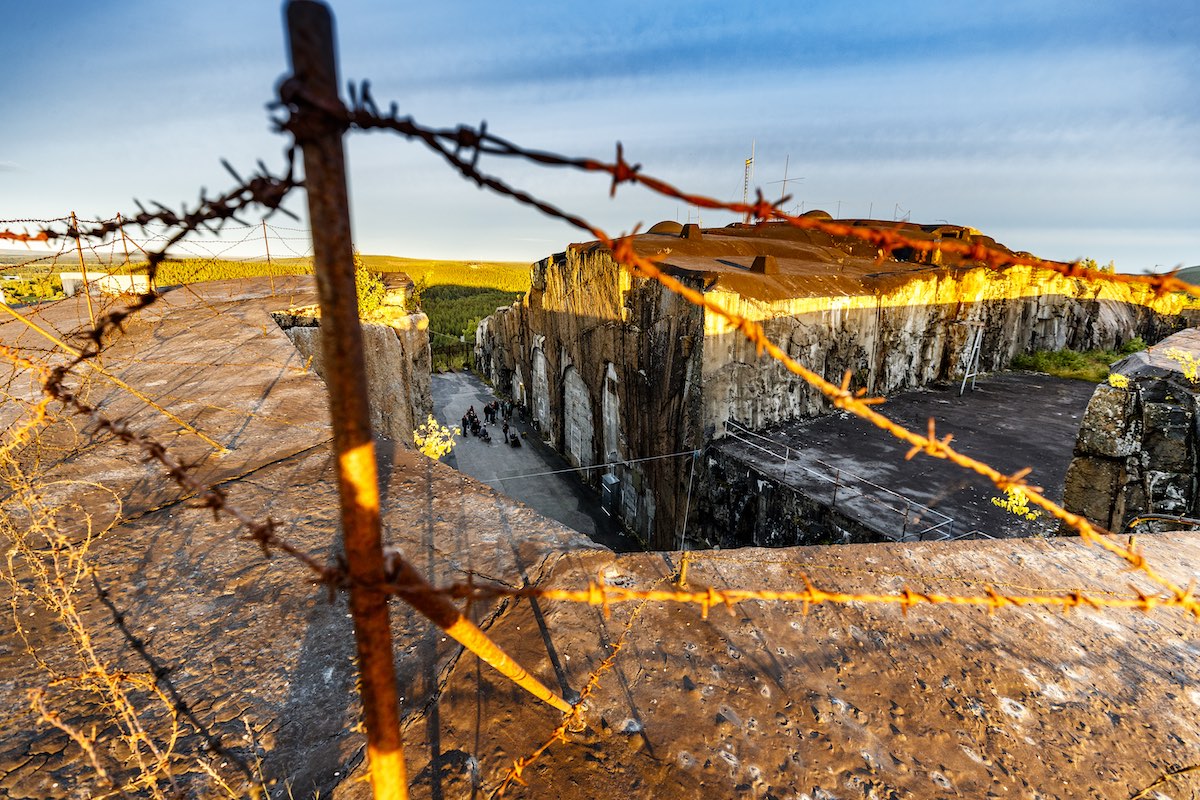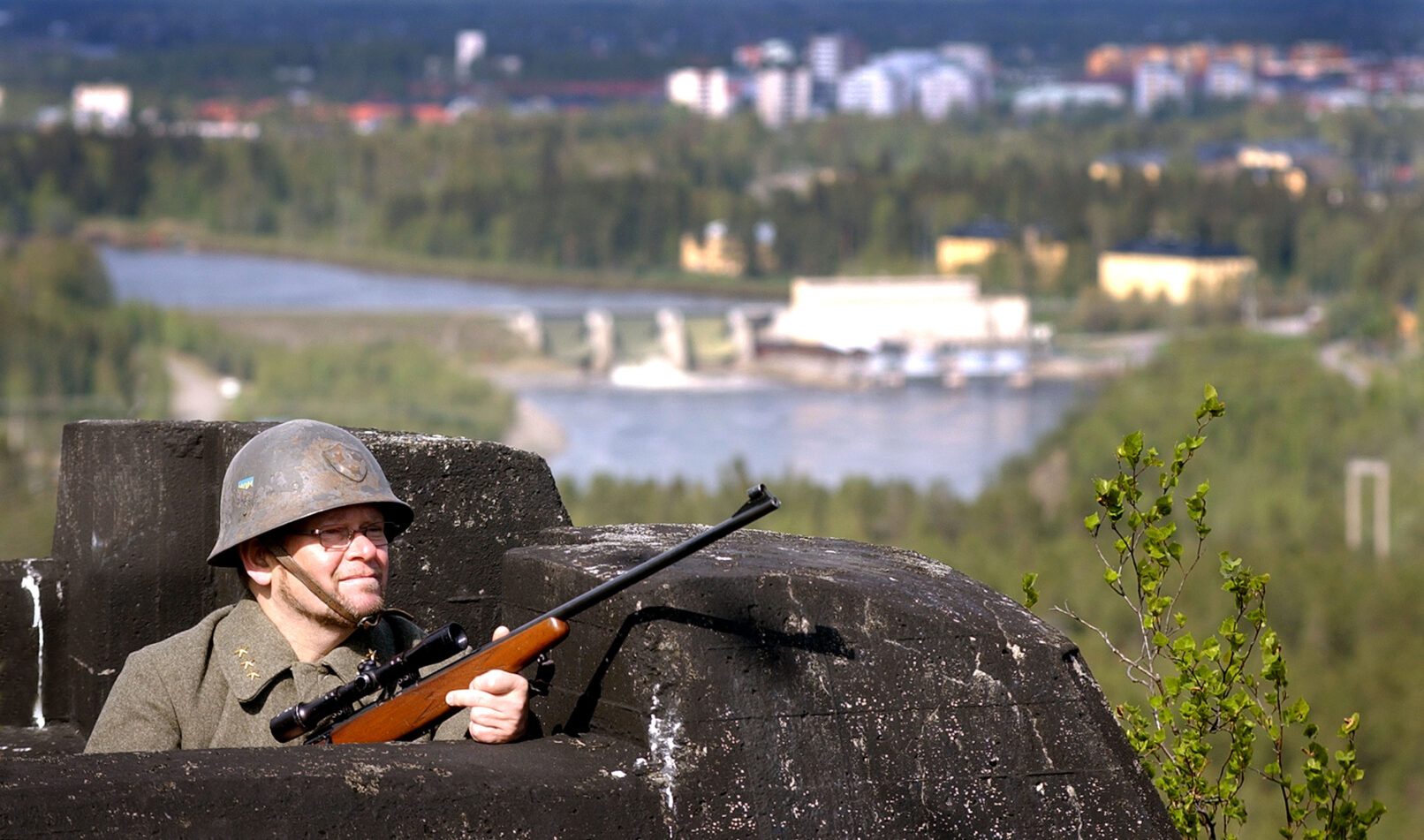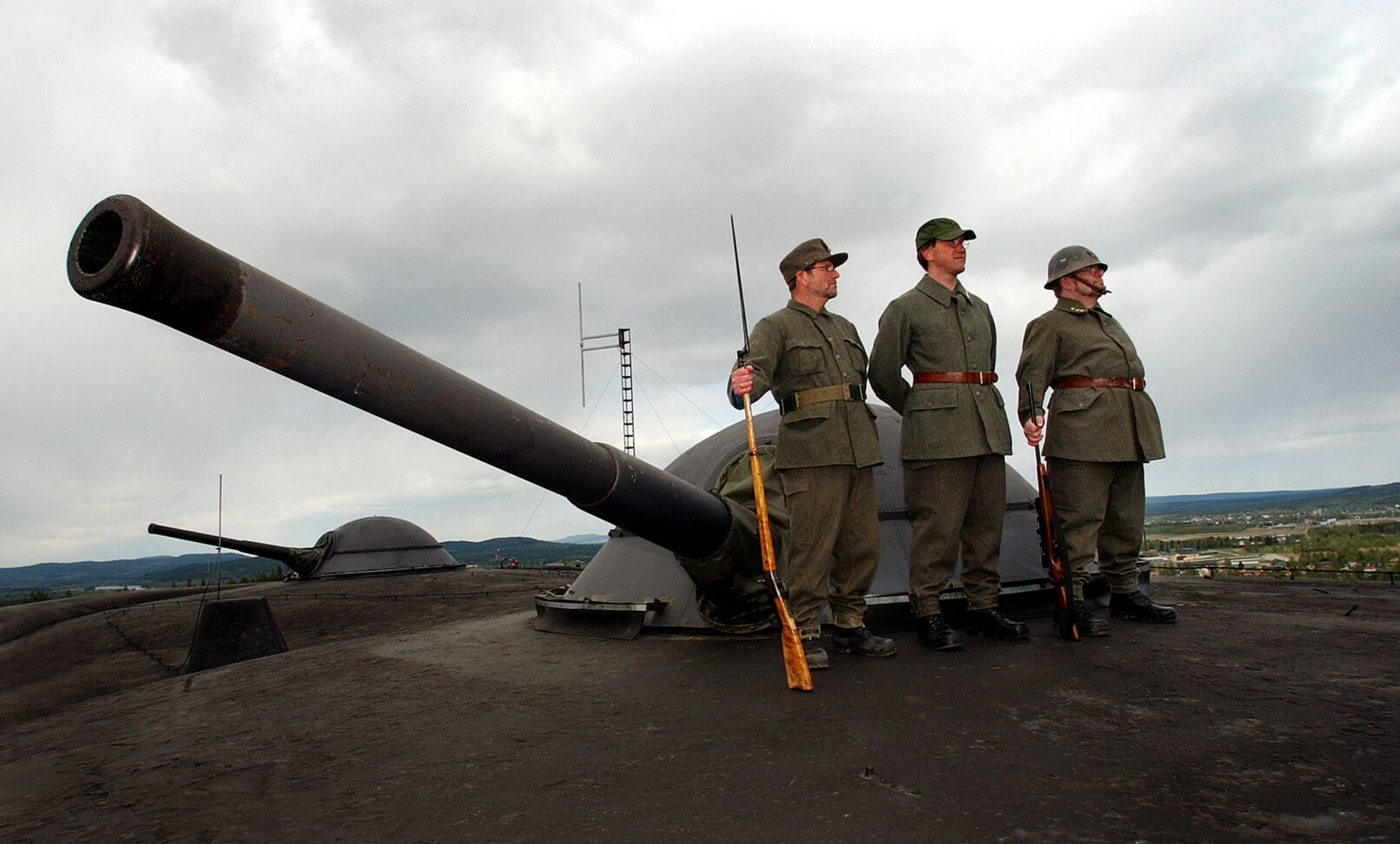Rödbergsfortet
[cbxwpbookmarkbtn]
The road that takes you up to Rödberget is a small serpentine road, winding and narrow and partially cut into the mountain.
Don't worry about meetings. The traffic down from the mountain goes by a different route. Instead, enjoy the journey up and imagine the people who worked here, defending the country and one of the greatest defense secrets in Sweden's modern history. When you get to the top of the mountain, you will find the marketenteri, the restaurant of the time, from which the guided tour starts. The tour takes you from the marketenteri, into the moat and then deep into the mountain and the caverns there, to then end up on the top of the mountain.
RÖDBERGSFORTET
Rödberget
961 44 Boden
rodbergsfortet@boden.se
+46 702 663 162





